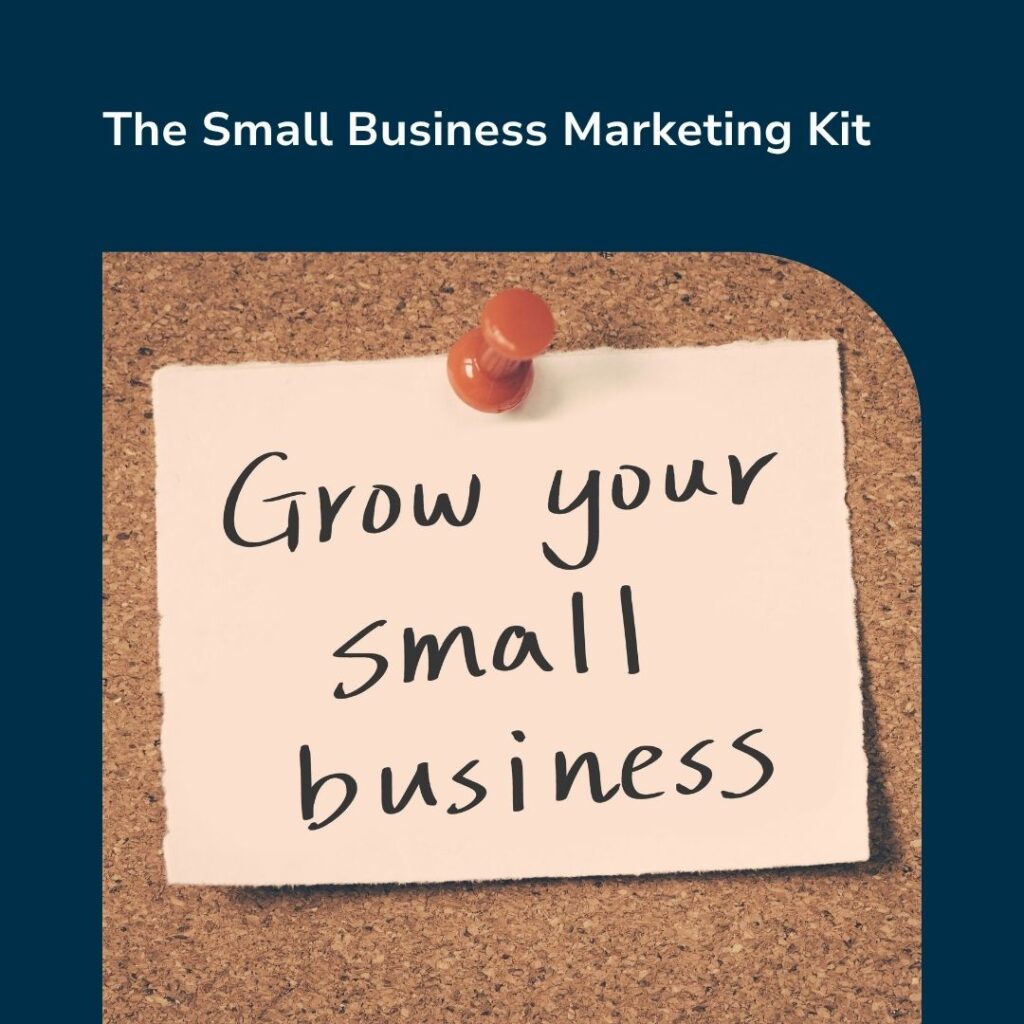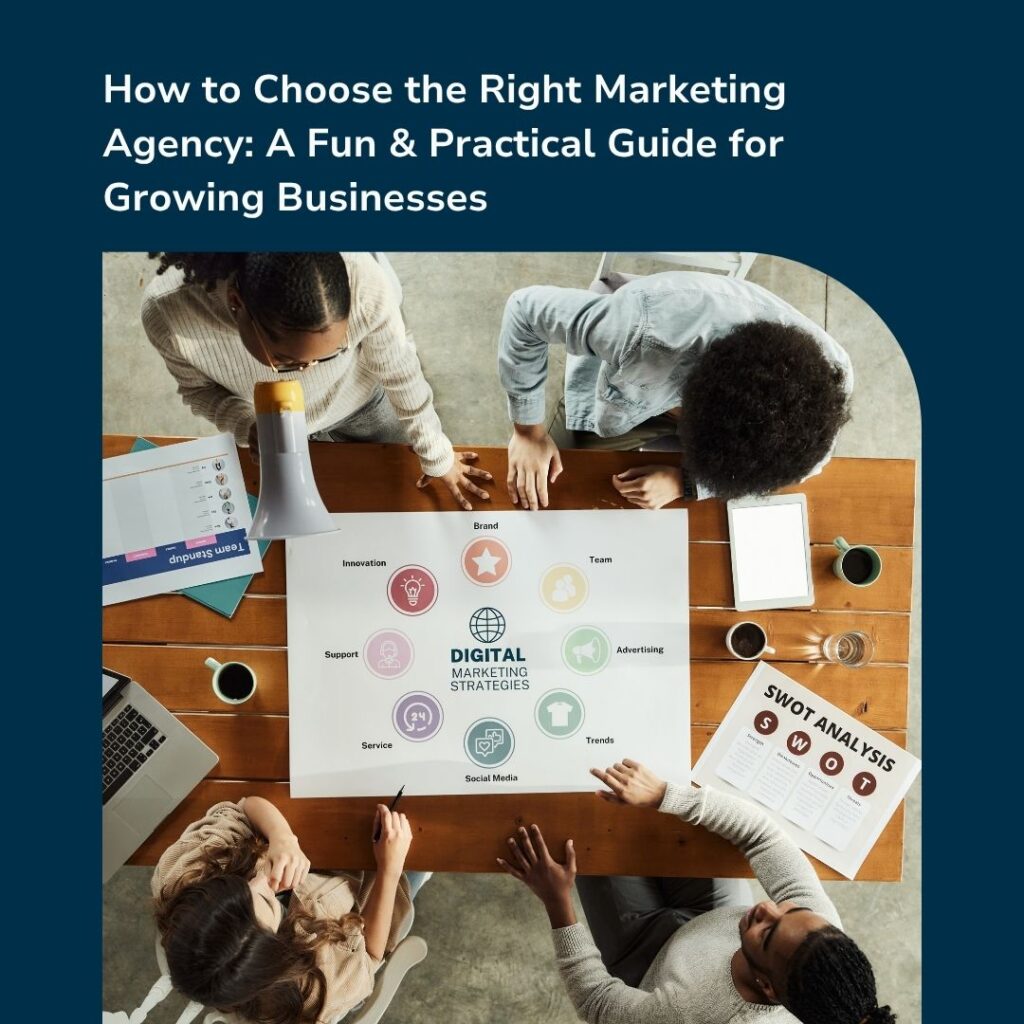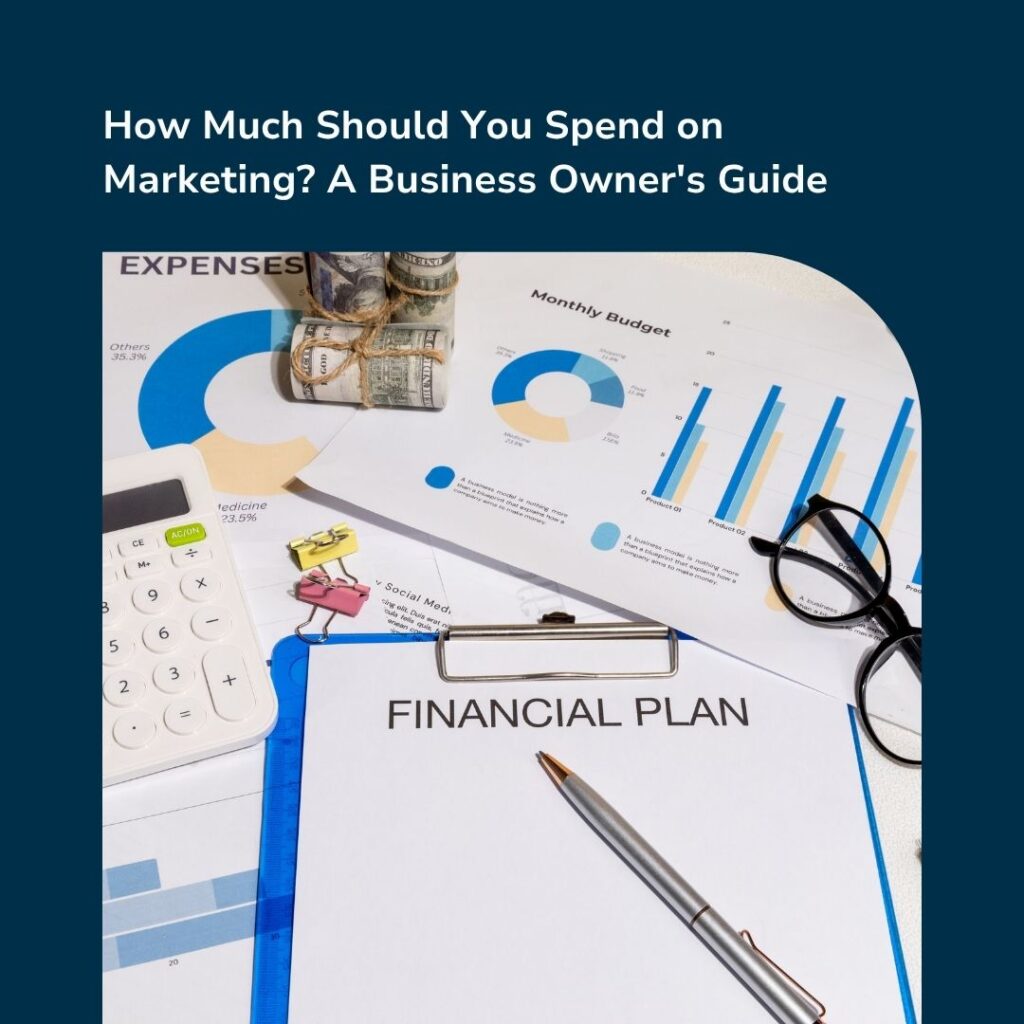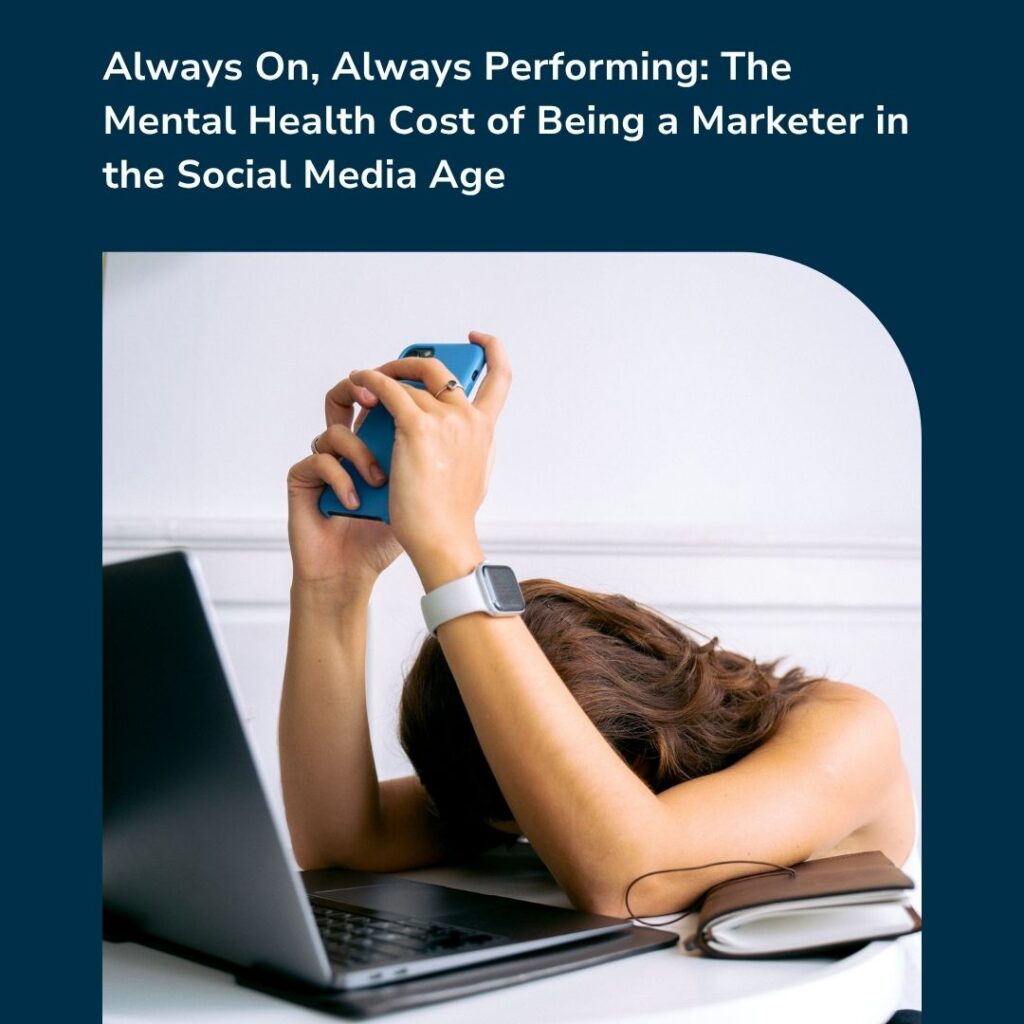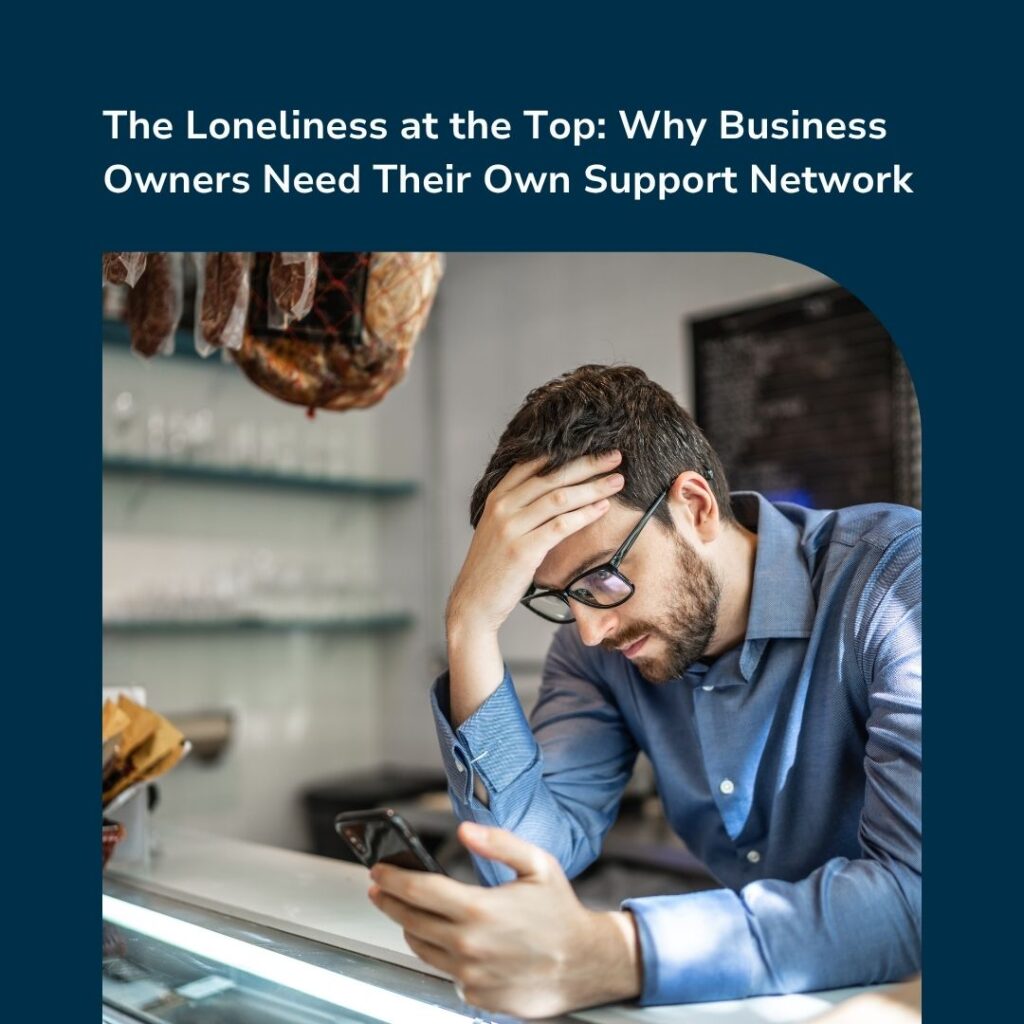[vc_row][vc_column][vc_column_text]
Tags – Fashion Viral
Morwenna Ferrier recently wrote on The Guardian about how she became a meme. More importantly, she wrote about how the fashion industry loves a good meme and the way the industry has embraced modern times.
Let’s give you some more context by taking a step back.
Have you ever seen a catwalk show, or a clothing line launch in general, and thought to yourself – who in their right mind buys and wears this stuff? (Lady Gaga used to; apparently).
Well, you are not alone. Most of us have been there, thinking the same thing.
Just to clarify the story behind the clothes being wore in such shows – most of them are never actually for sale.
But, what such clothes do is get the talk going. People like you and I see “weird stuff” and then go talk about it. This is the best form of marketing – you and I are doing it organically. They simply become fashion viral.
And, in return, the designers get some further recognition, and much needed limelight.
In recent times, this has been taken to the next level.
Meme Friendliness
If you are young enough, or cool enough, you know what a meme is. Google defines it as “an image, video, piece of text, etc., typically humorous in nature, that is copied and spread rapidly by Internet users, often with slight variations”.
At this point, memes are our primary source of entertainment. They bring together fresh content, creativity, and humour of questionable calibre – and I love it all.
(You can thank Richard Dawkins for using the term meme in his book – The Selfish Gene. Highly recommended by the way).
In short, there are elements of shock and embracing changing times connected with the fashion viral concept. But, the lessons are translatable across business.
Not Taking Yourself Too Seriously
I consider myself one of the biggest supporters of not taking oneself too seriously.
In other words, I think that if you are actually an authority in something, you don’t need to go around and tell people about it.
In the words of Tywin, “any man who must say ‘I am the King’ is no true King”.
And, with a doctorate on the way in Futurology and Lean Management Philosophy, I am in a pole position to dish such statements.
I have never started a conversation with a potential client by telling them the level of education I have. In fact, I don’t like talking about it, or endorsing it, and a team member, usually Harmeet, slips it into a conversation. By this time, people know that we are listeners and have prepared for the occasion. The PhD is not the starting point, it plays the role of building further trust.
But, things happen when they find out.
Many a times, we have seen the attitudes of potential clients changing when they finally find out that we are not just talkers or bring the “at your service” demeanour. There is something different about us.
I did not have to use technical language to demonstrate that I know what I am talking about. More importantly, I am not there to put down other people. We are a group of smart enough people providing a digital marketing service, based on digital psychology.
(The best reactions I get at meetings is when I swear. No one expects a university lecturer and researcher to use foul language for some reason).
Along with this, the services that we offer have proven results, and we demonstrate those results as examples – which specifies what is expected to come for the clients.
The best sales tactic is never to sell explicitly.
I will share a nice story here. We recently wrote a blog about our experience of fake award ceremonies in business. We outlined how we are not interested in buying ourselves awards and would rather have recognition from our clients, based on actual results.
A week later, one of our clients; literally; carved a trophy for us, thanking us for the improvements that have occurred in his business so far. We couldn’t be happier and prouder.
Triggering a Micro-moment
Understanding changing times and the value of shock is great.
But, there is one more important element to this topic.
Fashion Shock is just a micro-moment. (We recently wrote a blog on Micro-moment Marketing. You can check it here).
You will get a lot of attention from doing such things – but this attention is short lived.
This does not mean that you should not pursue micro-moments, but the complete opposite. You need to keep doing things that catch attention. People’s attention spans are shrinking and you need to try harder to remain relevant.
And, the thing that catches attention tomorrow will be different than today.
So, if you want to remain in business for the long run, you need to take a series of small steps to stay in the public eye.
To learn more, get in touch with us today. [/vc_column_text][/vc_column][/vc_row]

